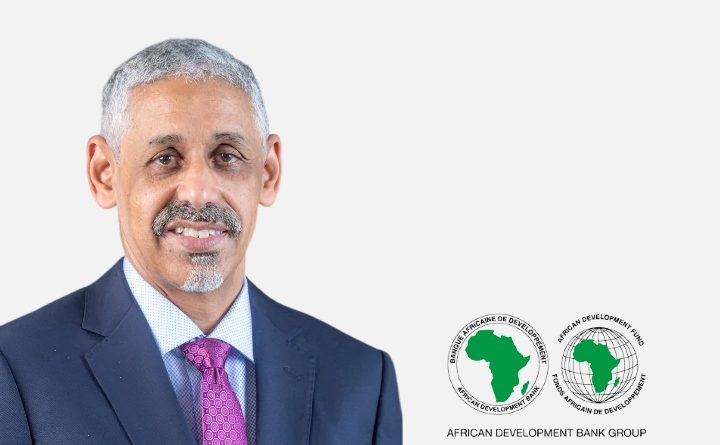AfDB targets $105bn investment to create 19m jobs by 2025
The African Development Bank (AfDB) has stepped up its continental employment drive with over $105 billion in financing aimed at creating 19 million jobs by the end of 2025, under its flagship Jobs for Youth in Africa Strategy.
With Africa’s youth population projected to reach 830 million by 2050, Sidi Ould Tah, president AfDB said the Bank’s focus on youth empowerment, innovation, and private-sector partnerships will be central to unlocking Africa’s next phase of economic growth.
He reaffirmed the banks’ commitment during the World Bank Group’s High-Level Advisory Council on Jobs, held on the sidelines of the 2025 IMF and World Bank Annual Meetings in Washington, D.C.
The forum brought together global financial leaders, ministers, and corporate executives to design impactful job-creation strategies, a statement by the bank informed.
According to Ould Tah, “Africa’s youth are not a burden to manage; they are the engine of our continent’s future.” He said, “We need to invest in the right skills, formalise the informal economy, and back MSMEs at scale.”
The Council focused on tourism and skills development, two sectors holding vast potential for job creation. Tourism already supports one in every 20 jobs across Africa, with women and young people making up a large share of the workforce.
However, over 80% of workers in the sector operate informally, lacking access to finance, social protection, or structured career growth.
To address this, AfDB is expanding digital-first skilling programmes and supporting tourism-linked MSMEs to build sustainable employment ecosystems, he said.
Read also: Women lead in voter registration as INEC records 1.5m new registrants
He added that the Bank has also developed a new Youth, Skills and Jobs Marker System to track job quality and inclusiveness in its projects.
Ould Tah’s participation marks the halfway point of his first 100 days in office and aligns with his “Four Cardinal Points” strategic vision — mobilising capital at scale, unifying markets, industrialising locally, and investing in talent and technology.

